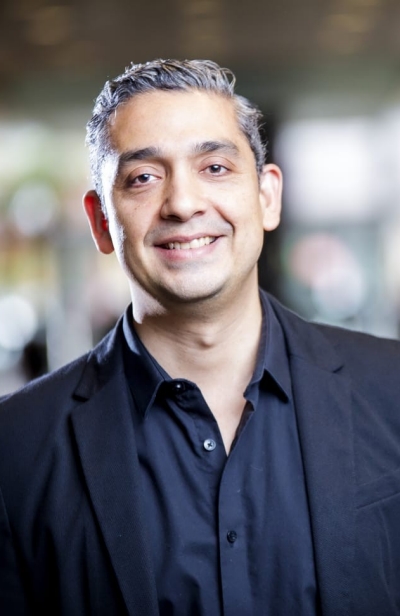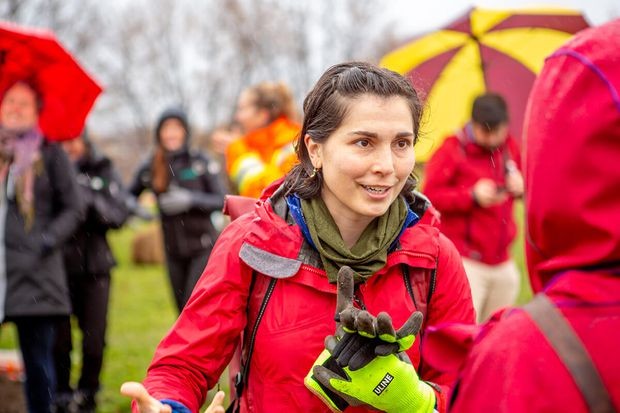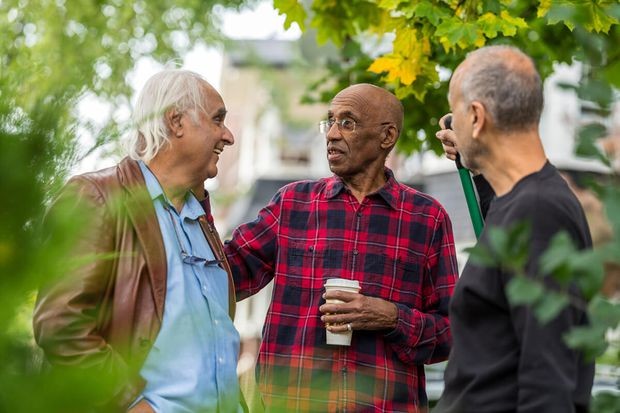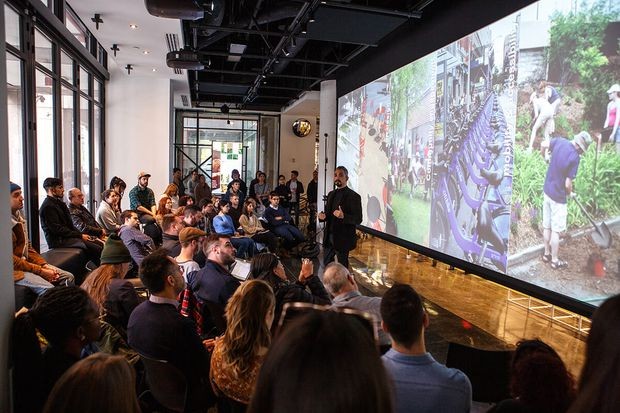For Silvano De la Llata, public spaces aren’t simply places we pass through to get from point A to point B.
“Public spaces are the essence of cities,” says De la Llata, assistant professor in Concordia University’s Department of Geography, Planning and Environment. “[They are] where relentless energies meet, clash, fuse, merge and transform.”
In his view, public spaces have for too long been an urban planning afterthought and a missed opportunity. Even small parks and squares can make cities more vibrant by increasing opportunities for encounters and artistic and political expression. It’s a key aspect of public life in democratic societies, he says.
“Urban sustainability is not only about creating more green spaces, but also about rendering the planning process open to all citizens,” he says. “The city needs to be actively designed by its citizens. The political, economic, social and environmental aspects of sustainability are inherently connected.”


 Concordia University assistant professor Silvano De la Llata believes citizens should be actively involved in planning and designing the cities they live in.
Concordia University assistant professor Silvano De la Llata believes citizens should be actively involved in planning and designing the cities they live in.
 Concordia professor Carly Ziter at a November event where 185 new trees were planted on the university campus.
Concordia professor Carly Ziter at a November event where 185 new trees were planted on the university campus.
 Research shows that well-planned green spaces in cities can provide both social and environmental benefits.
Research shows that well-planned green spaces in cities can provide both social and environmental benefits.
 Silvano De la Llata leads a workshop called “Open Urbanisms: Re-thinking public spaces,” where participants were tasked with re-designing a Montreal park.
Silvano De la Llata leads a workshop called “Open Urbanisms: Re-thinking public spaces,” where participants were tasked with re-designing a Montreal park.